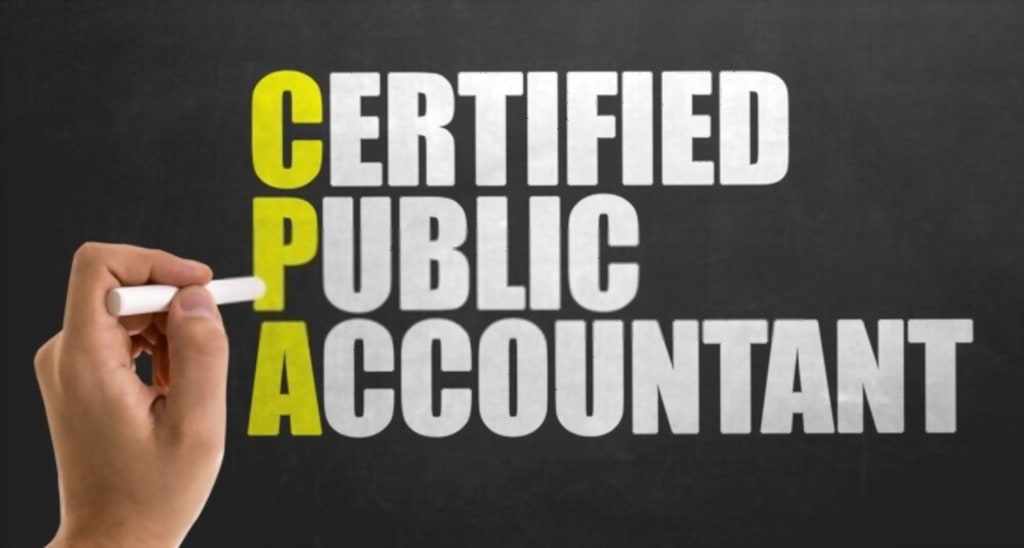Choosing a Side: Public vs. Private Accounting
Public vs. Private Accounting

People are launching themselves into amazing, fulfilling occupations in droves. On social media, your friends are announcing new jobs, and your favourite blogs are regularly presenting stories of people who have landed their ideal employment.
It's now your turn. You've been considering a career move for a long now, and you're getting excited. You've done your homework and determined that your analytical, detail-oriented nature is a good fit for the world of accounting. However, your research indicates that you'll have to make another decision: whether to pursue a career in public or private accounting.
So, what's the difference between these accounting specialties, and which one is right for you? Every day, a career in accounting seems more appealing, but you must ensure that you take the path that is best for you and your family. To assist you, we've put together this helpful guide to help you decide whether public or private accounting is right for you.
Determining the difference between public and private accounting
Let's go through the fundamentals of private and public accounting before we get too far into comparing the two.
What is the definition of public accounting?
Public accounting is the field of accounting in which an accountant reviews and prepares financial papers that an individual or organisation is compelled to reveal to the public on behalf of a variety of clients. In simple terms, public accountants endeavour to independently check critical financial papers, reports, and disclosures.
What is the definition of private accounting?
Private accountants, on the other hand, work with the financial data of a single company, generating or evaluating reports for an internal manager. Public accounting companies frequently evaluate and audit the work of private accounting specialists, providing an impartial stamp of approval that their private internal accounting methods fulfil reporting standards.
A closer look at the differences between public and private accounting
On paper, the distinction between these two types of accounting may appear to be insignificant. However, this minor distinction might have a significant impact on how you work as an accountant. Let's look at some of the most important characteristics to evaluate if you're more suited to public or private accounting.
Working conditions
Tax season for public accountants and the conclusion of a financial quarter for private accountants are both busy seasons for both types of accountants. Aside from that, the two work environments might be fairly different.
Accountants that work for a single firm are known as private accountants. They can expect to work fairly regular hours in the comfort of the office assigned to them by their boss. This choice is pretty similar to a "normal" office job.
The working environment of a public accountant is less predictable. They frequently work for public accounting firms or own their own businesses. They work with a wide range of clients, including individuals, businesses, and possibly even the government. Public accountants travel to their clients' offices wherever they are. They work wherever a client allows them to, and they are frequently under the pressure of tight deadlines, which can lead to long workdays.
Job responsibilities on a daily basis
Many people believe that one accounting job is the same as the next, but the various areas of accounting result in job responsibilities that are vastly different.
What are the responsibilities of public accountants? Before financial documents are released to the public, public accountants must ensure that they are accurate and complete for their clients. According to Butts, their daily responsibilities usually revolve around testing and analysing the financial data that their clients have prepared to ensure that it is error-free.
Public accountants frequently choose a specialty, such as tax accounting, auditing, forensic accounting, or consulting, which has its own set of responsibilities.
What are the responsibilities of private accountants? Private accountants collaborate with internal business or financial managers to plan and evaluate a company's cost of doing business.
"Management reporting is the primary focus of [private accountants'] daily work. This entails manually entering journal entries and doing account reconciliations, according to Butts.
About the Creator
Amelia
Are you ready to skyrocket your online presence? Look no further! SEO Thrive, your go-to Digital Marketing Expert, here to take your brand to newheights
My Skills
SEO Optimization
Social Media Management
PPC Advertising
Analytics & Reporting
Enjoyed the story? Support the Creator.
Subscribe for free to receive all their stories in your feed. You could also pledge your support or give them a one-off tip, letting them know you appreciate their work.






Comments
There are no comments for this story
Be the first to respond and start the conversation.